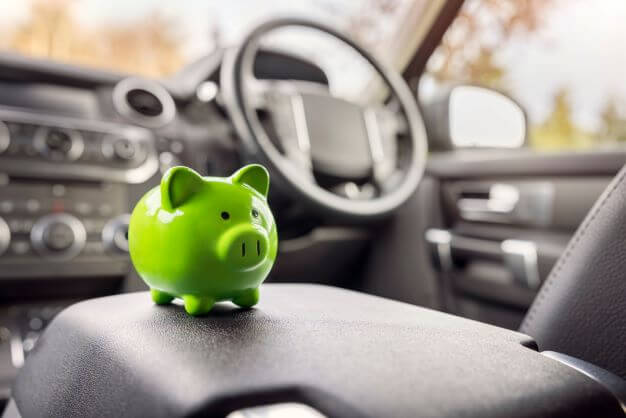
Last Updated on 19th August 2022
Getting your first car is a formative moment, and one of the first indicators of newfound independence for many. Though driving test figures are down at the moment, there are still more than 200,000 test-passers on the hunt for car number 1 – but how exactly should you save up for one in today’s economy?
What Car Do You Want?
Firstly, you’ll need to define the kind of car you’d like to buy. This decision should be based in practicality over anything. Does the car you want have some core features you need, and is it affordable for you to buy?
Of course, you may already have your heart set on a brand-new Mercedes-Benz, but buying new can be prohibitively expensive – especially for first-time buyers who can’t subsidise the purchase with an older car. This is where buying used can come in handy.
Taking a look at the prices of used Mercedes in London can give you an idea of the savings you could make over buying new; cars depreciate quite heavily in value in their first five years, and especially so in the first year following purchase.

Create a Financial Plan
With the car you’d like to buy firmly in mind, you’ll now have an idea of the amount you’ll need to save in order to buy it – whether to make a simple down payment and keep up with monthly payments, or to buy it outright. You will also need to factor in insurance and petrol costs, though, so be sure to bear these in mind.
Create a simple financial plan, taking into account your income and outgoings, and identify how much money you can save each month towards your car. Here, you can help yourself out by creating a dedicated savings account or financial pot, for the purpose of ‘ringfencing’ your car savings.
Money that goes into this account is money towards your car, and money that cannot be used anywhere else. This can help you maintain focus, and ensure you hit your long-term goals much easier. If you’re worried about the temptation of dipping in, there are cash ISAs you can open that provide limited access – with the added benefit of a higher interest rate.
Boost Your Income; Limit Your Spending
One of the best ways to adhere to your budgeting plan is to identify areas in which you can limit spending. By looking closely at your outgoings, you may be able to find some monthly costs that you can easily eliminate; now would be the best time to cancel that gym membership that’s going unused…
There are many ways you can address your weekly spending – from cutting down on take-away coffees and fast food to switching phone contracts and cutting subscriptions. Ultimately, the changes you make have to be tailored to you. There are also ways you can increase the amount of money coming in; taking on side hustles such as gig-economy work, or starting your own freelance business, can help you bring that little bit extra in to boost your car savings.





































